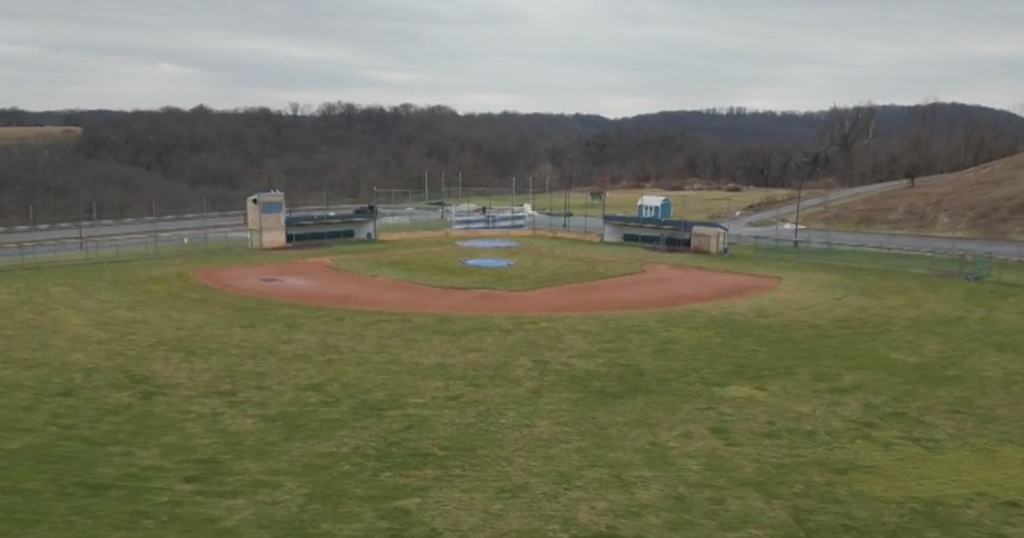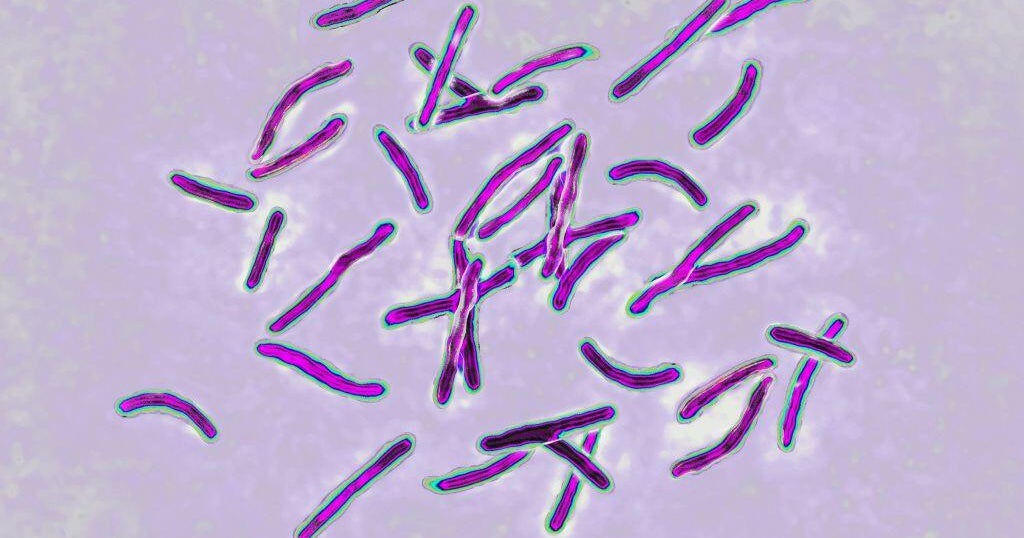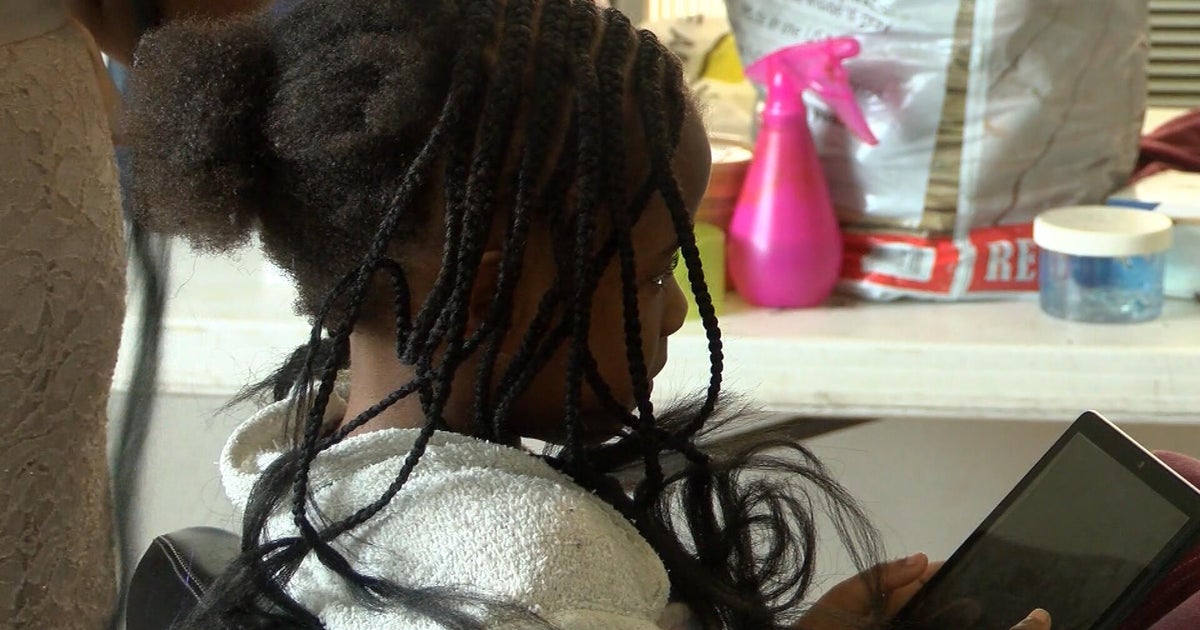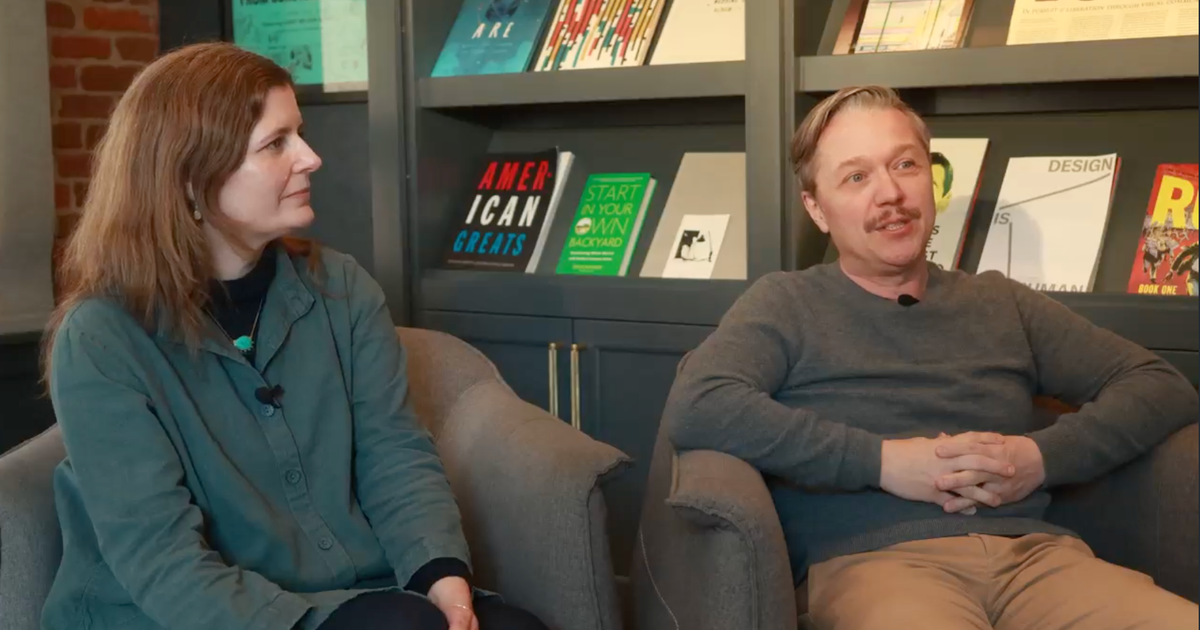Pittsburgh doctors working to make synthetic blood
PITTSBURGH (KDKA) —Blood shortages and storage problems continue to cause headaches and cost lives.
That's why Pittsburgh is joining the push to create something better.
KDKA-TV spent the day in the lab with three leading doctors from the University of Pittsburgh School of Medicine and UPMC to talk about the latest progress behind synthetic blood.
"This is a TEG6S and you put a sample of blood in it and it makes the blood clot," Dr. Susan Shea said.
Shea showed KDKA-TV's cameras around the University of Pittsburgh lab helping to create artificial blood.
"We get to essentially test the early formulations," Shea said. "So we do get to reconstitute the product, test the product, and see how well it works."
Shea is one of the doctors joining the nationwide team to make synthetic blood a reality.
"This specific effort is going to happen over four years. And then by the time it's actually in use, that could be six or eight years," said Shea, an assistant professor of surgery and bioengineering at Pitt.
It looks like a dried powder, with all the same components of human blood.
"And when you dry a product, you basically just dehydrate it and all we need to do once in the dry form is literally just add water," Shea said.
Dr. Philip Spinella says to think about the creation of baby formula but with life-saving blood instead.
"Liquid whole blood isn't going to always be available and it's a limited resource because you need it from donors," Spinella said. "So what we're doing is trying to make a dried whole blood product that could be shelf stable, put it on a helicopter or an ambulance for two to three years," said Dr. Spinella, professor of surgery and critical care medicine at Pitt.
It's a need that trauma surgeon Dr. Matthew Neal sees every shift.
"Trauma is the leading cause of death for people under the age of 45 and bleeding is the leading cause of preventable death after trauma," said Dr. Neal.
Just last night, one of Neal's patients was flown in from a rural hospital.
"One of the patients I took care of last night went to one of the smaller regional hospitals with life-threatening bleeding," Neal said. "The hospital had only two units of blood available. That patient required more than 10 units so that hospital had no way to meet that patient's needs."
It's no fault of the hospital. Dr. Neal says it's a blood storage problem.
"This project is going to make a dried blood substitute that is available, portable and shelf-stable so that it can be taken out on an ambulance, a helicopter, or put on the shelf at a hospital that wouldn't have otherwise had the capacity to take care of a massively bleeding patient," Neal said.
With an infusion of $46.4 million in funding from the government agency DARPA, these Pittsburgh doctors and researchers believe the reach will stretch from hospital beds to the front lines.
Dr. Neal says this will be especially helpful for children, whose mortality rate is twice the rate for adults when it comes to bleeding. He adds some 2,000 children die each year unnecessarily due to the lack of availability of blood products.







